When I walk into the gynecologist's office, I bring all of my identity with me to the exam table. As a young, black, queer woman from the South, I sometimes worry that a provider might make assumptions about the care I do -- or don't -- need or want based simply on who they think I am.
Once, while checking out my tonsils, or tongue, or whatever she was looking for in my mouth, my pediatric GP made a noise of surprise at the barbell in my tongue and told me, jokingly, that she hoped I didn't have any other surprise piercings. I think about that quick exchange a lot -- an overly familiar interaction with dashes of unrequested sexualization and sousant of slutshaming -- par for the course for an interaction with a GP who has been my doctor since I was born, literally.
The moment was in the forefront of my mind the first time I went to see a gynecologist at the somewhat embarrassing (but not at all unusual) age of 25. There were reasons why I hadn't been sooner, for better or worse. I wasn't on birth control, I already knew my irregular periods were hereditary, and my mother no real complaints about her own uterus until she was well into her forties. Also, I'd been warned that going to the gyno would hurt. Mostly, though, I'd had vanishingly few sexual interactions with anyone with a penis and I wasn't looking forward to explaining that yes, I'm sexually active, yes, I'm in a relationship and no, there's really, really no way I'm pregnant.
I don't know of anyone that really loves going to the doctor, but it's different for queer folks. Going to the doctor while gay, lesbian, queer, or bisexual is a crapshoot. Sometimes you get a shockingly progressive doctor that doesn't give you a slow, confused blink while they process the idea of "...gay?," but in Alabama, just a few summers after our governor "accidentally" temporarily outlawed all marriage for everybody in an attempt to get those darn marrying gays, I wasn't hopeful.
I was pleasantly surprised and maybe lulled into a false sense of safety, by having the option of choosing "bisexual" when filling out the online patient form. A sign of progress?! But alas, my hopes were dashed because that online form never made it into the doctor's hands, since she did not seem to understand who I was or what care I might need.
It may surprise you to learn that bisexual people actually experience worse health outcomes than both straight and gay/lesbian folks. There are lots of factors that might explain this, including that some providers just can't seem to wrap their heads around bi/queer sexuality. Sometimes bi folks need pregnancy-preventing tools, sometimes we just don't! We might need prenatal or abortion care too, and that doesn't make someone any less bi.
As annoying and uncomfortable as my experiences have been, I'm sure it's nowhere near the levels of discomfort and sometimes outright danger my trans siblings experience when accessing care. A recent report found that among transgender people who had visited a doctor or health care providers' office in the past year, 29 percent said a provider refused to see them because of their actual or perceived gender identity and 23 percent said a doctor or other health care provider intentionally misgendered them or used the wrong name. How can someone hope to get medical care when they aren't even being called by the right name and pronoun? Disrespect doesn't even begin to adequately describe it.
And then there is race -- another key factor in how we navigate reproductive health care and experience discrimination. There's a lot of mistrust of medical professionals in both the black and LGBTQ communities. This mistrust is not unfounded but based on a history of abuse and exploitation that is very real and should be taken seriously. We shouldn't forget that the so-called "father" of modern gynecology experimented on enslaved black women without their consent or anesthesia, that the birth control pill was first tested on unsuspecting black and brown women in Puerto Rico, and that even today, there are those who want to experiment on women of color with untested protocols.
Given that history, not to mention the ongoing discrimination and mistreatment many LGBTQ people continue to experience when accessing health care, it's not surprising that many of us avoid the doctor altogether. But we need to care for our health, so we have to find a way to get what we need.
What we need most of all are policies that help improve the quality and cultural competency of all providers while reducing the extremely harmful discrimination many LGBTQ people and people of color experience. The Trump administration isn't helping. In fact, Trump has hijacked the U.S. Department of Health and Human Services' Office for Civil Rights to focus, not on civil rights (like in their name), but rather on collecting specious claims from providers who want to discriminate against their patients -- while somehow making themselves out to be the victims. We truly live in the upside down.
While LGBTQ and black people shouldn't have to create a secret list of providers who will respect our humanity and dignity (though we've certainly done it in the past), it may be our only option until we can change the political landscape. The best advice I can give is to spend some time doing your homework to find a good provider, and then find ways to advocate for yourself and establish boundaries. Providers might assume a woman who identifies as queer doesn't need birth control -- but if you do, don't wait for them to offer. Similarly, trans men and nonbinary folks aren't always offered pap smears, but if you have an intact cervix, this care is crucial to detect and treat cervical cancer early.
Word of mouth is key -- talk to folks who share your identities to find providers who are known to be respectful and competent. Lastly, don't be afraid to walk away if things don't feel right. There can be a lot of shame and coercion in medical environments, and if you don't feel like you're being treated with dignity, you should consider telling the provider you need to end the appointment. We all deserve to get safe, quality reproductive care with respect. In some ways, it's a lot like dating -- you might just have to keep looking until you find someone who treats you how you deserve to be treated.
DANIELLE HURD is the leadership development coordinator for URGE: Unite for Reproductive & Gender Equity.

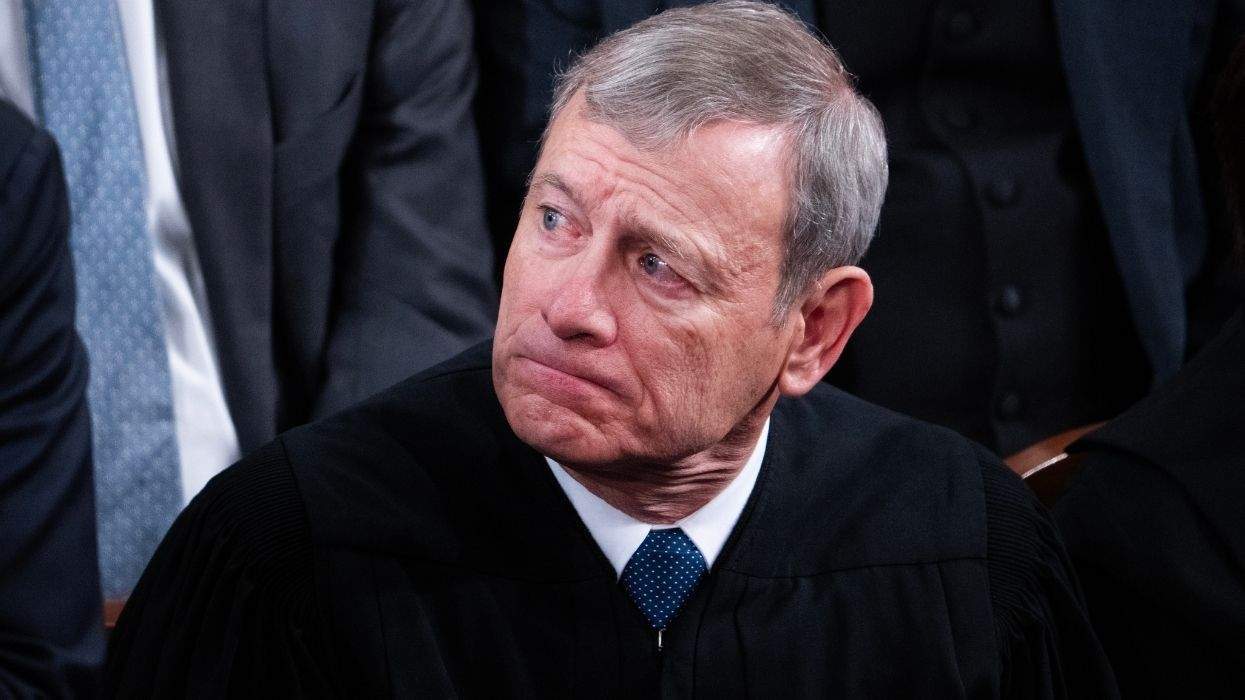
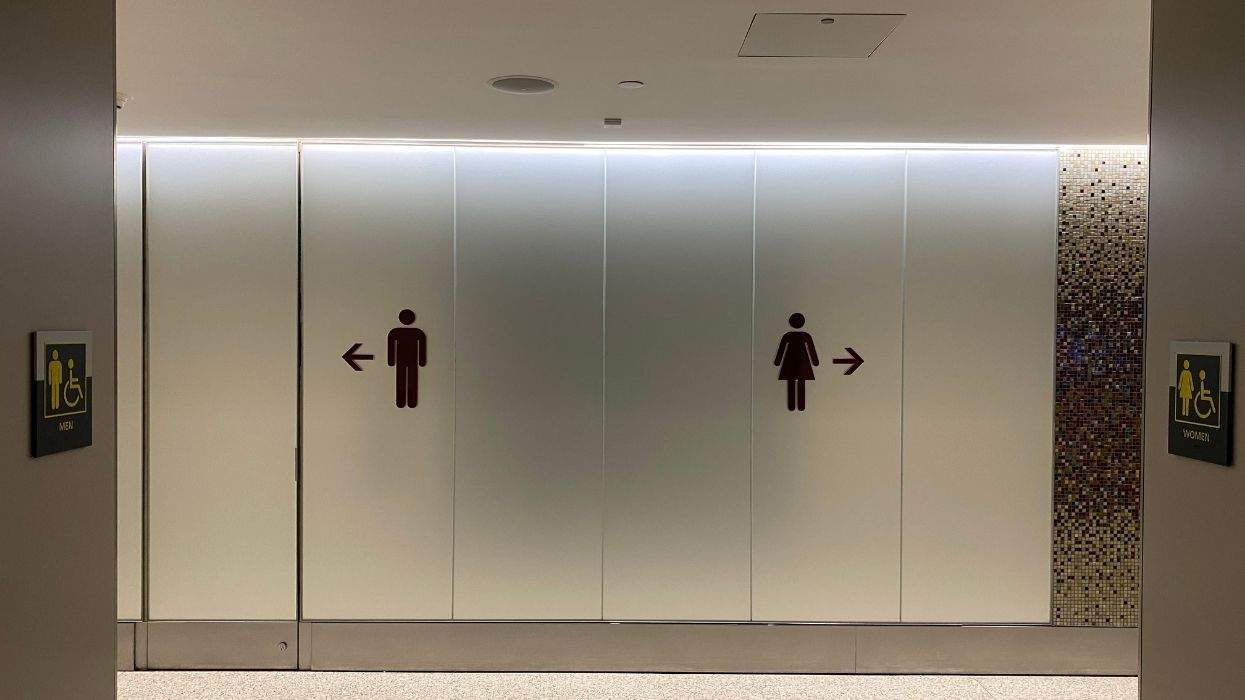
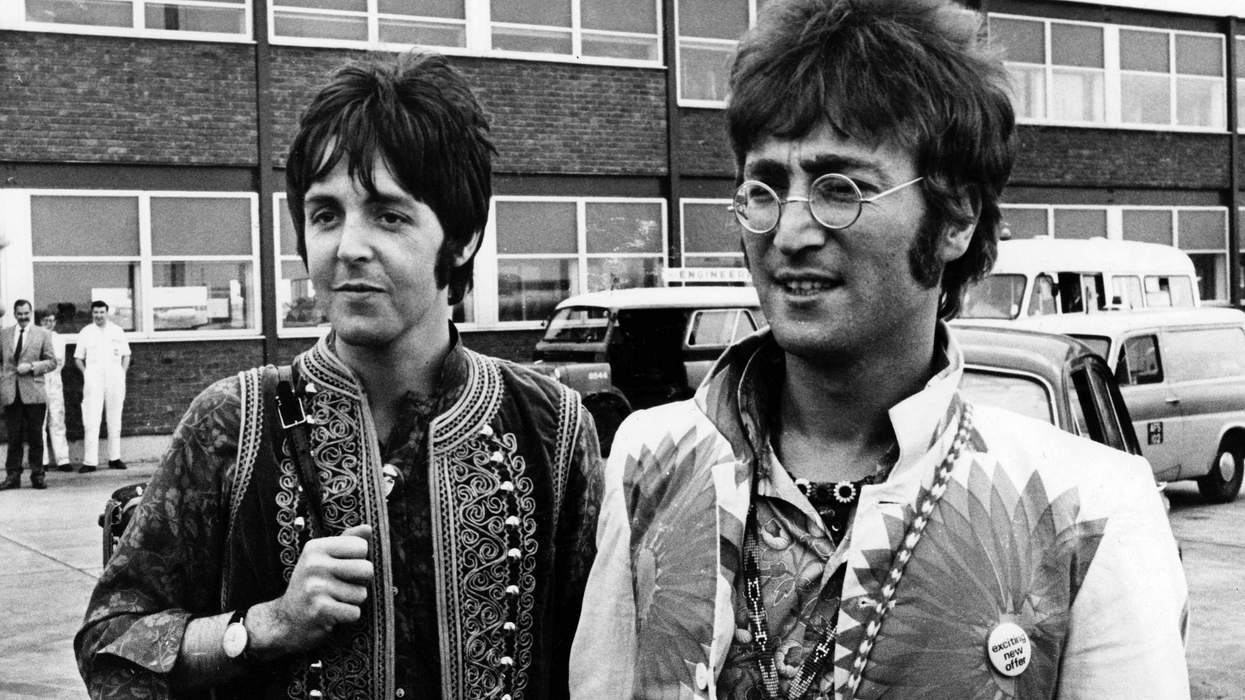
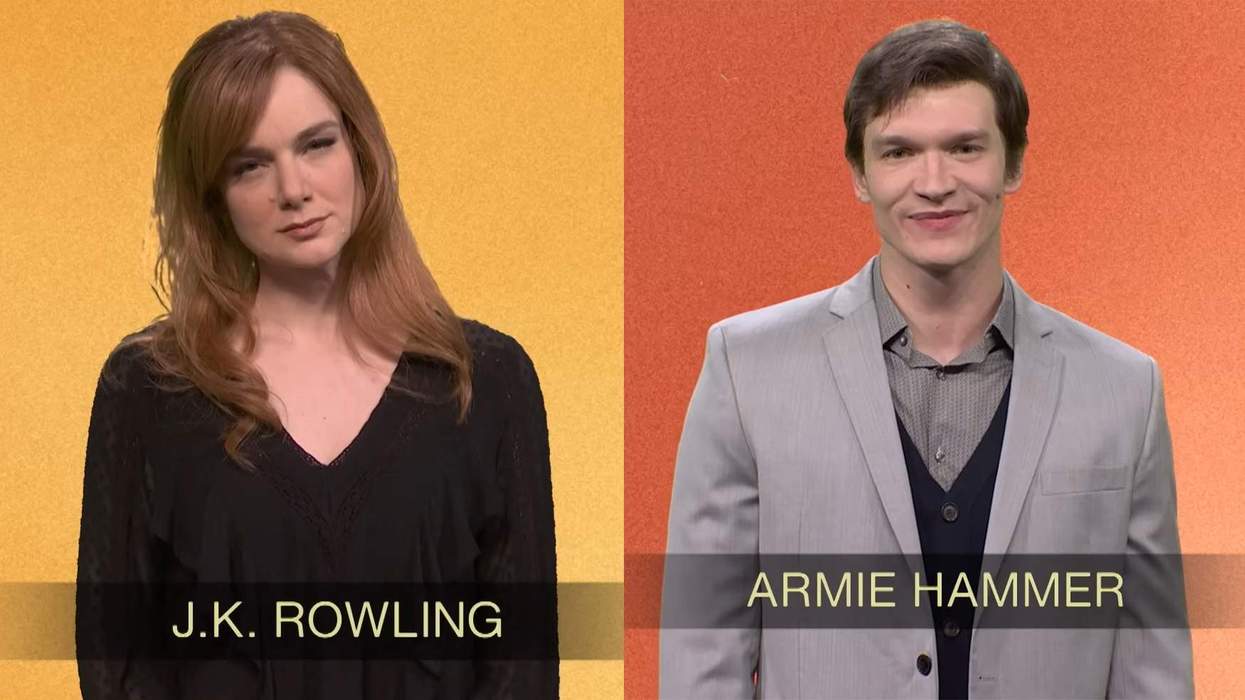


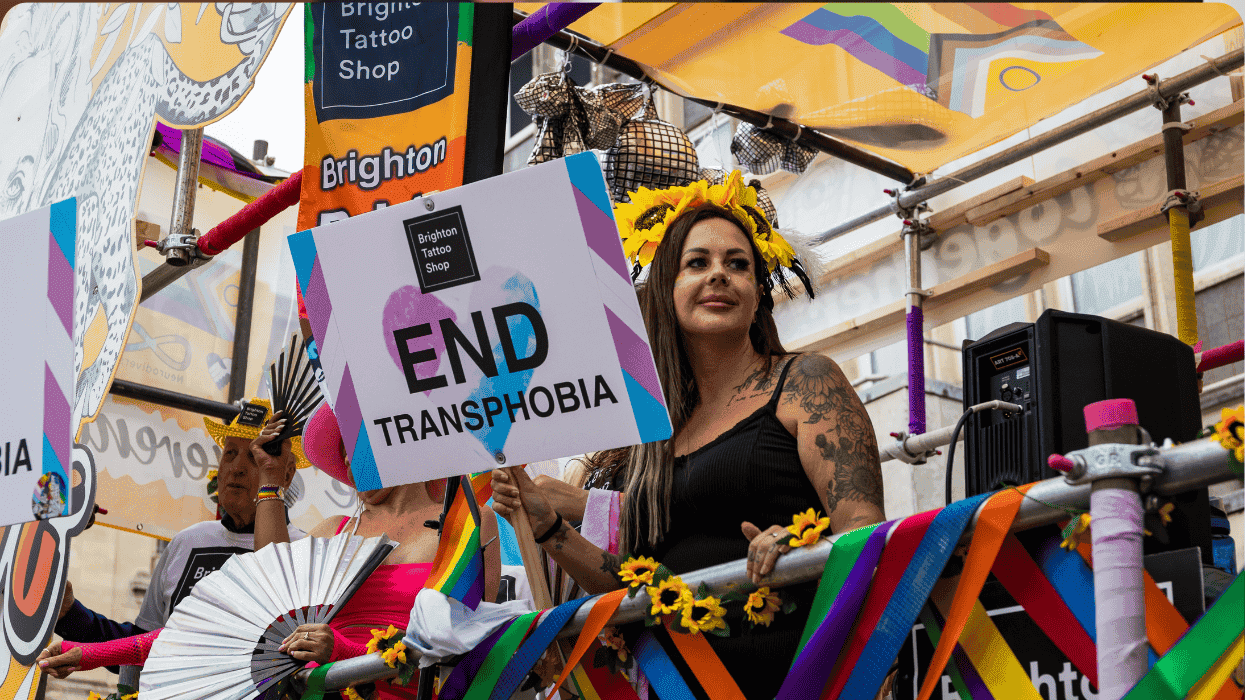







Charlie Kirk DID say stoning gay people was the 'perfect law' — and these other heinous quotes
These are some of his worst comments about LGBTQ+ people made by Charlie Kirk.